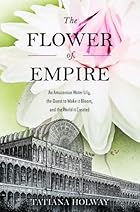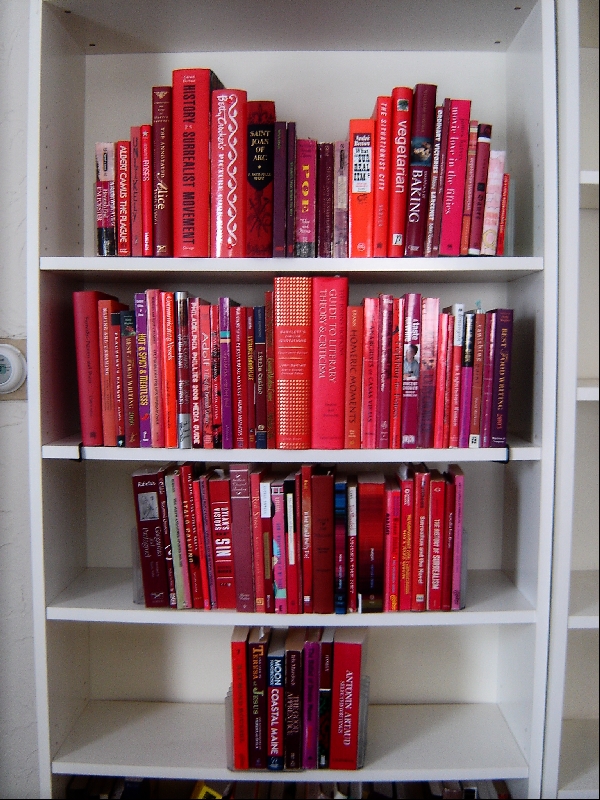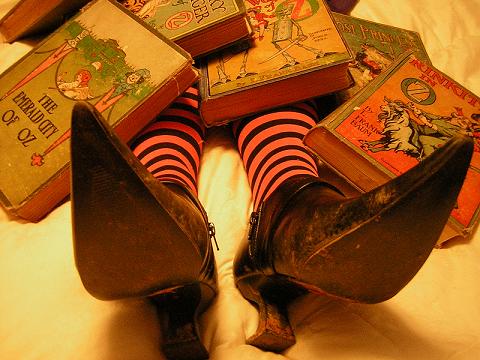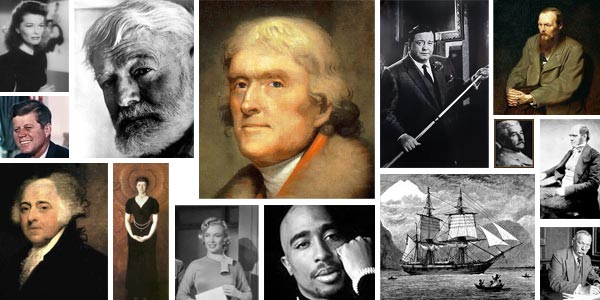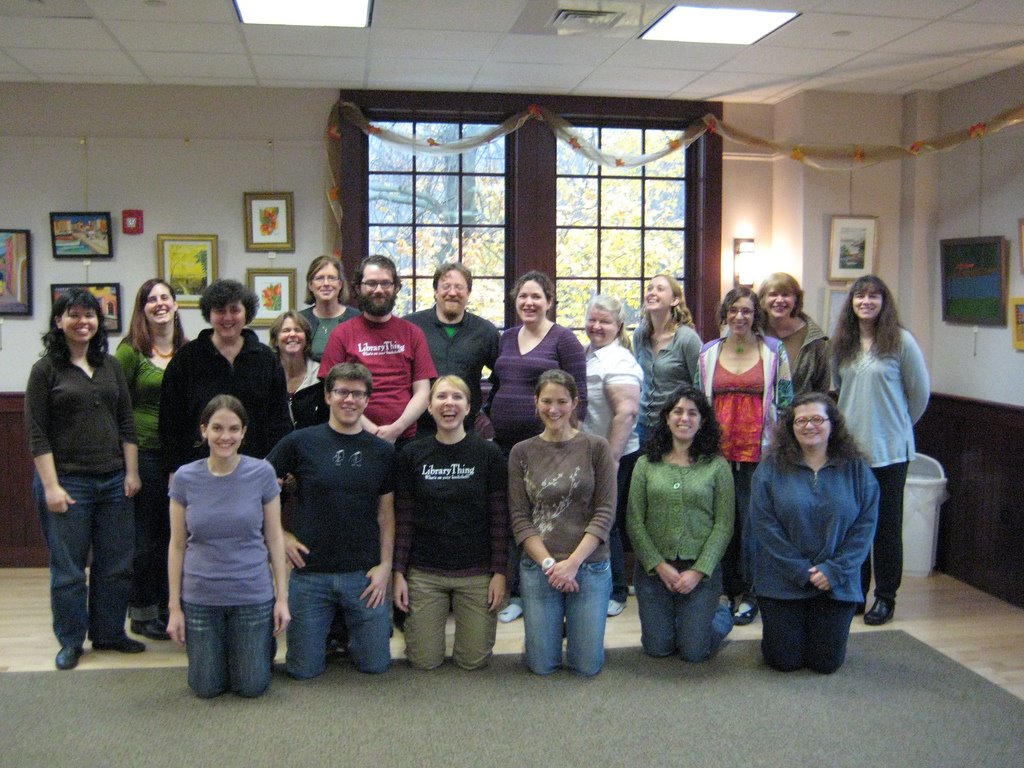On Tuesday afternoon, LibraryThing staff and members got together on the collaborative editing site PiratenPad to hash out “What makes LibraryThing LibraryThing?” for newly-arrived Goodreads members and others. This is the result. Tim took the lead, but 38 members contributed.
What we are
LibraryThing is a community brought together by the love of books.
What defines us
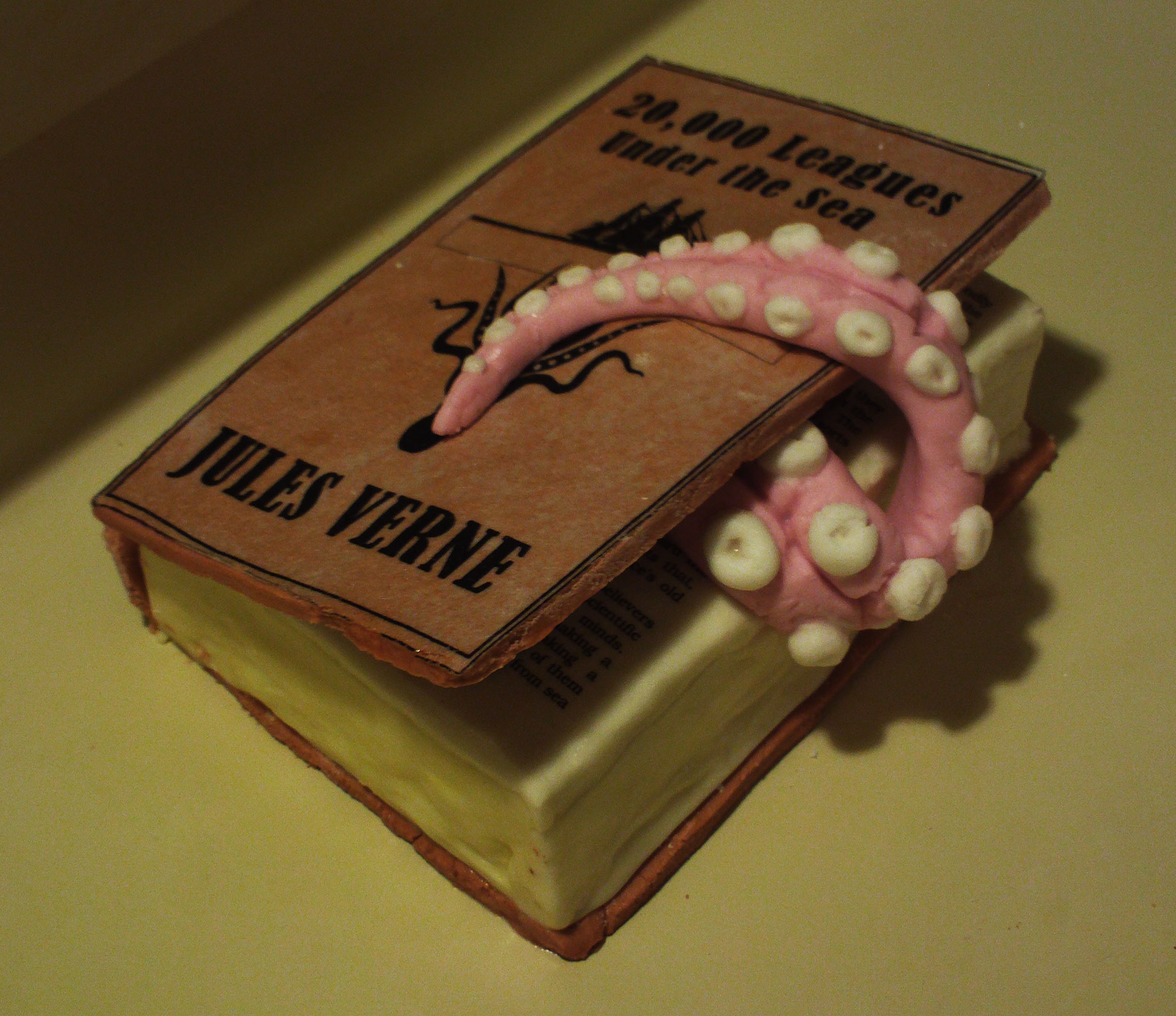
Kraken cake by member TheCriticalTimes.
The name “LibraryThing” was originally a take-off on Lovecraftian lines.
LibraryThing is not one thing. LibraryThing means different things to different people. Some use it to record what they’re reading now; some catalog every book they own. Some talk on our groups all day long, others never interact with anyone. Some share everything to Facebook, others keep their library private. Some use it for book discovery and recommendations, some to help out other book lovers with their knowledge of authors, books and series. There are members for whom this blog post would be totally unfamiliar. We value what all members do with the site.
LibraryThing is about quality cataloging. LibraryThing started seven years ago as a way for regular people to have a professional-quality library catalog, and this is still the center for many members. We show this in our sources—searching over 700 libraries around the world. And we show it in how you can edit everything in your catalog. This isn’t just authors and titles, but every bit of data you could think of about a book, from the Dewey Decimal number and publication information to the book’s height and weight.
LibraryThing is book-geekery. We love the stuff of books—the details, the trivia, the connections among books and between books and other parts of life. We’ll tell you what percentage of your authors are dead, how much your books weigh, and whether a pile of them would be taller than Niagara Falls (see yours).
LibraryThing is about readers, not marketing. Our members like to read and talk about books, and of course we love to buy them too. But we think that reading and talking works best apart from commercial interests.
- Our book recommendations are never influenced by commercial considerations.
- Author and publisher spam has alienated a lot of people at other sites. We take a hard line. Authors have various official ways to promote their books, including LibraryThing Early Reviewers, Member Giveaways, and a Hobnob with Authors group. And they benefit from making sure their author page is tricked out with photos, links to their site and so forth. But other than that authors participate as readers first of all.
LibraryThing is communities. LibraryThing is a community, and LibraryThing includes many communities, especially groups like 75 Books Challenge , The Green Dragon and Folio Society Devotees. Members get together offline from time to time. And every year many members participate in SantaThing, Secret Santa for book lovers.
We have no “users.” If you’re not the customer, you’re the product. If a social website can’t support itself on customers and straightforward products, it’ll eventually sell out what you gave it—your data, your friends, and the community itself.
“No users” includes charging members. We say $10 for a yearly membership, $25 for a lifetime. In fact, you can pay as little as $1, and we often give free memberships if people ask nicely. (Until Friday ALL new members get a free membership.) But we want what paying creates—customers, with loyalty and rights—not “users”.
Members contribute. LibraryThing members have spent years of their time improving the data, helping themselves and other book lovers. They disambiguate authors and editions, add author photos, enter awards and events, organize series, police for spam and ratty data, and translate the site into more than a dozen languages. (See our helpers page.) Unlike some other sites, here all members are equal, with the power to make (or reverse) changes. And nobody can change your catalog.
LibraryThing is libraries. Public and academic libraries account for about 40% of reading, but get lost in other, commercially motivated venues. Not at LibraryThing. We love libraries—five of LibraryThing’s ten employees have library degrees and six have worked in one. Libraries give us our best data, and give us access to books no online bookseller knows about.
As part of its core mission, LibraryThing sells software and data to libraries, such as LibraryThing for Libraries. Bibliographic data is always free to libraries, including Common Knowledge and our editions data.
We’re advertising-free. Members see no ads on LibraryThing. If you’re not signed in, we show some Google ads, but they’ll vanish as soon as you create an account (free or paid).
LibraryThing is smart. LibraryThing has some of the most passionate, articulate members in the book world.
Members run rampant. LibraryThing is a company, but we tend to run it like a club, or maybe a collective. Employees listen to members and work with them. We’re going to listen and be straight with you. We’re not going to sell you out. If we do, members should take their data, take our free and copyleft data, and find a better site. Doubt us? Tell us how to earn your trust.
LibraryThing doesn’t push. We are about the books and the cataloging. If you want to share what you’re reading, great. But we’re not going to spam all your friends every time you add a book or join a group. We don’t make sharing the default just because it’s free advertising. We also don’t send out any automatic emails with updates or change our privacy policies to suit commercial interests. And we never make you automatically friends with someone on LibraryThing just because you know them on Twitter or Facebook.
LibraryThing is independent. LibraryThing has owners, including Tim, the founder and majority owner, and minority partners in Bowker and Abebooks. But we make our own decisions. And we’re a real company with real revenue, not a venture-capital-funded company waiting to “flip” to some dreadful new master.
LibraryThing supports the whole book world. Being independent allows us to work with everyone. We have pages and programs for authors and publishers, bookstores and libraries. “LibraryThing Local” promotes venues and upcoming bookish events around the world. Our “Get this book” includes libraries and indie bookstores at the same level as Amazon and Barnes & Noble. We also have an API for indie bookstores to include information about their current holdings.
No fine print. Our Terms of Use are written in real English, and protect members as much as anything. There are no weird trap doors—we don’t claim we own your copyright, we don’t tell you how to link to us, etc. They also include a quote from Shelley.
LibraryThing supports free speech. We provide a space for readers to say what’s on their minds, without fear of being ejected for an unpopular view. We make an exception for personal attacks: you can say what you want, but stick to ideas, not people.
LibraryThing was the original social book site. We invented the idea. We know that this and $2.50 will get us a cup of coffee, but we still feel responsible for the idea, and making it fun and rewarding, not commercial, exploitative, invasive and creepy.
LibraryThing is a work in progress. Since starting as nothing more than a basic catalog, members have guided our development to an unusual degree. Our current development priorities include:
- Better cataloging, especially Goodreads imports, ebooks and adding books, from “Add books” and elsewhere.
- Better sharing. We’ve lagged behind on sharing to social networks. We’re catching up fast.
- Better design. Members like a stripped-down, information-dense aesthetic, but, well, we really need a cleanup and refresh.
- Mobile version.
A few unique things about the site
International sites. LibraryThing is also available in more than a dozen other languages, such as German (LibraryThing.de), French (LibraryThing.fr) and even Esperanto (epo.librarything.com) and Pirate (pir.librarything.com). We also catalog from hundreds of non-English libraries, so you can add all your Italian books as easily as those in English.
Common Knowledge. Common Knowledge is our vast fielded wiki system of member-added data about books and authors, capturing everything from characters to series and awards information to related movies, dedications, author information, and much, much more. The data are available via an API, for free.
LibraryThing Local. A gateway to more than 80,000 bookstores, libraries and other bookish venues, every single one added by LibraryThing members. Mark your favorites, scope out where to visit, and browse over 65,000 upcoming events. See it at http://www.librarything.com/local. LibraryThing Local is also available on-the-go via our Readar iPhone app, or via an API for free.
Legacy Libraries. LibraryThing members have cataloged the libraries of more than 200 famous dead people, from Thomas Jefferson and C.S. Lewis to Marilyn Monroe and Tupac Shakur.
CoverGuess. We show you a cover image, you use tags to describe what you see. If your tags match up with those used by others, you get points.
Book Haiku. Summarize any book in the form of a haiku.
Dead salmon color. Need we say more?
Join us
So that’s what LibraryThing is. Does this sound fun? Join us!
 The September 2013 batch of Early Reviewer books is up! We’ve got 104 books this month, and a grand total of 2,760 copies to give out.
The September 2013 batch of Early Reviewer books is up! We’ve got 104 books this month, and a grand total of 2,760 copies to give out.





 Publishers do things country-by-country. This month we have publishers who can send books to the US, Canada, the UK, and more. Make sure to check the flags by each book to see if it can be sent to your country.
Publishers do things country-by-country. This month we have publishers who can send books to the US, Canada, the UK, and more. Make sure to check the flags by each book to see if it can be sent to your country.










































































































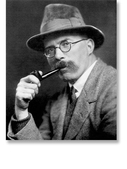

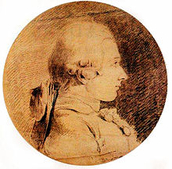

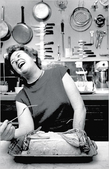
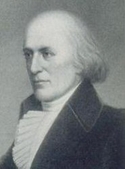
 Some excerpts from my interview with
Some excerpts from my interview with 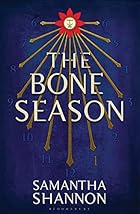
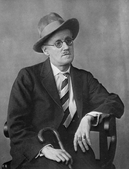
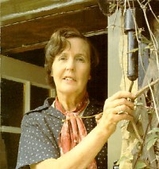

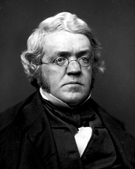

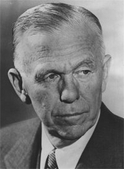
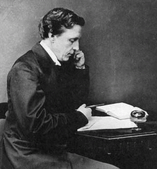
 Some excerpts from my interview with
Some excerpts from my interview with 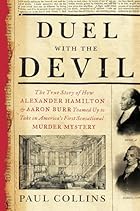








































































































 For the
For the 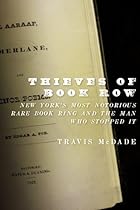





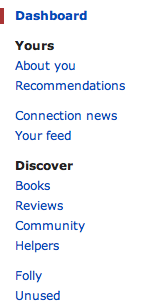
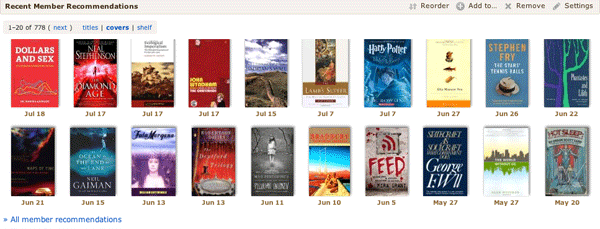





































































































































































































































































 For the
For the 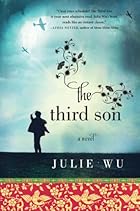
 Some excerpts from my interview with
Some excerpts from my interview with 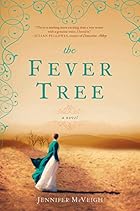

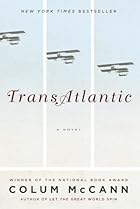


 Mark your calendars! Coming up soon is a weeklong, start-of-summer
Mark your calendars! Coming up soon is a weeklong, start-of-summer 

 ). Sharing is always available at the top right of the site. We also enable members to share to Facebook (for more on recent upgrades to Facebook sharing, see the
). Sharing is always available at the top right of the site. We also enable members to share to Facebook (for more on recent upgrades to Facebook sharing, see the 

 Once you’ve uploaded your file, you’ll see a breakdown of the books in the file, displaying the total number of books, books already in your library, books without ISBNs, and the number of valid ISBNs.
Once you’ve uploaded your file, you’ll see a breakdown of the books in the file, displaying the total number of books, books already in your library, books without ISBNs, and the number of valid ISBNs. If you sync, you’ll see options depending on the differences between your Goodreads books and your LibraryThing catalog.
If you sync, you’ll see options depending on the differences between your Goodreads books and your LibraryThing catalog. LibraryThing’s
LibraryThing’s 











































































































































